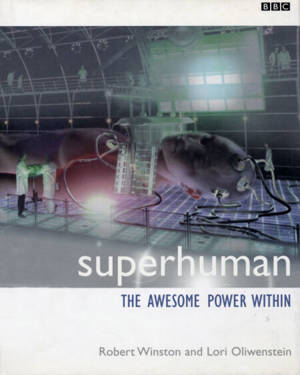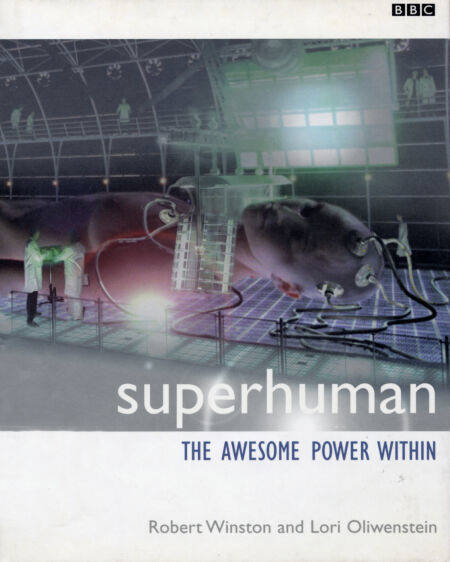
- Afhalen na 1 uur in een winkel met voorraad
- Gratis thuislevering in België vanaf € 30
- Ruim aanbod met 7 miljoen producten
- Afhalen na 1 uur in een winkel met voorraad
- Gratis thuislevering in België vanaf € 30
- Ruim aanbod met 7 miljoen producten
Zoeken
Omschrijving
Accompanying the major new BBC documentary series, Superhuman explores the human bodys astonishing ability to heal, renew and regenerate itself. In recording the before, during and after of radical operations on real people it introduces us to the pioneering efforts of medical teams and alerts us to the ethical issues that new medical advances raise. Over six chapters Superhuman addresses significant developments within six key medical areas: cancer, infection, transplantation, trauma, repair and reproduction. Acknowledging the debt modern physicians owe to yesterday Superhuman begins by investigating the human bodys innate abilities to heal itself. And, as we gladly launch ourselves into an age of biotechnology, it questions whether we might now use all the information available to us to comprehend finally how our bodies work? If we can achieve that, perhaps becoming superhuman is truly within our reach. Chapter one introduces us to the trauma surgeons who have discovered that the shock that follows trauma can prove beneficial in saving the body and the brain. Chapter two chronicles the astonishing technology now being used in medical transplants and the contentious issues these processes excite. Should technology continue to develop apace how are doctors and patients to choose between using an artificial limb created specifically for a patient, a human limb grown from the patients own genetic information, or the alternative solutions offered by the animal kingdom? And is intervention of true benefit to the patient if it requires a lifetime of immuno-suppressing drugs? The recent successes of the Human Genome Project have dissolved the boundaries of regeneration with made-to-order organs no longer beyond our limits. Chapter three presents the scientists responsible for engineering human tissue from materials found in the body and outlines how they might help us might claim our lost powers of regeneration. Chapter four relates how we are faring in the battle against the old enemy cancer and tells how experts in this field are trying to regain control of the cancer cells that turn against us. Chapter five explains how we strive to combat the threats we all face living in a modern world teeming with globetrotters who share one feature we're all potential contagion-carriers. Superhuman goes on to inform of the dangers of pushing too far to eradicate infectious disease from our lives completely. Chapter six spotlights an area of considerable debate that will possibly alter the course of human evolution fertility and genetic manipulation. Superhuman discusses both the advantages and the dangers of new technologies in this area, arguing that they have many positive applications and that often the hazards are overstated, solely through fear. In an attempt never to lose sight of our humanity while inviting the superhuman in us all to work, Superhuman encourages a holistic approach to medicine and an open forum for the discussion of the future of medical science.
Specificaties
Betrokkenen
- Auteur(s):
- Uitgeverij:
Inhoud
- Taal:
- Engels
Eigenschappen
- Productcode (EAN):
- 9781448141005
- Verschijningsdatum:
- 30/05/2013
- Uitvoering:
- E-book
- Beveiligd met:
- Adobe DRM
- Formaat:
- ePub

Alleen bij Standaard Boekhandel
+ 12 punten op je klantenkaart van Standaard Boekhandel
Beoordelingen
We publiceren alleen reviews die voldoen aan de voorwaarden voor reviews. Bekijk onze voorwaarden voor reviews.








